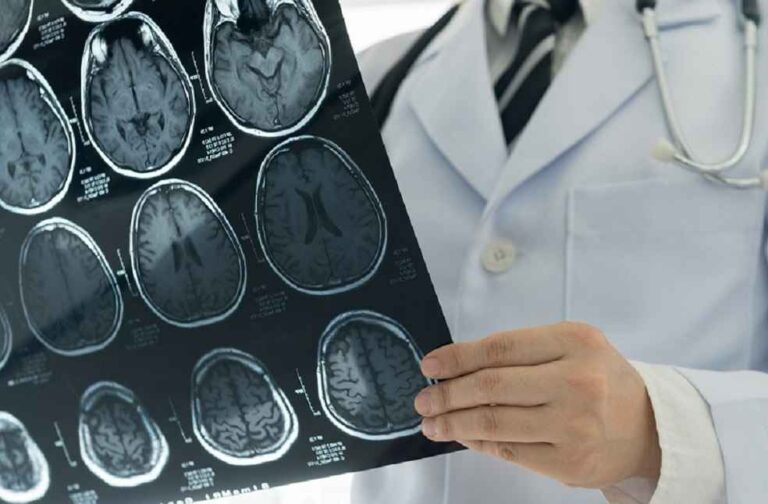London, UK: A new study found that teenagers brains who lived through COVID-19 show signs of premature ageing. The researchers compared MRI scans of 81 teens in the US taken before the pandemic, between November 2016 and November 2019, with those of 82 teens collected between October 2020 and March 2022, during the pandemic but after lockdowns were lifted.
The researchers found that physical changes in the brain that occurred during adolescence, such as the thinning of the cortex and growth of the hippocampus and the amygdala, were more significant in the post-lockdown group than in the pre-pandemic group, denoting that such processes had sped up. The team matched 64 participants in each group for factors including age and sex. Therefore, their brains age more quickly.

“Brain age difference was about three years – we hadn’t expected that large an increase is given that the lockdown was less than a year long,” Mr. Ian Gotlib, a professor of psychology at Stanford University and the first author of the study, remarked.
The team wrote their findings in the journal Biological Psychiatry: Global Open Science. The participants, a sample of adolescents from the Bay Area in California, first agreed to participate in a study that looked into the effects of early life stress on mental health throughout puberty. As a result, participants’ levels of anxiety and despair were also assessed.
The post-lockdown group claimed to have more internalising issues, as well as more severe symptoms of anxiety, depression, and other mental health problems. Mr. Gotlib stated that the results were consistent with those of other academics looking at how the pandemic has affected teen mental health.

“Deterioration in mental health is accompanied by physical changes in the brain for teens, likely due to the stress of the pandemic,” the Professor shared.
However, it is yet unclear whether the study’s findings about lower mental health are a result of faster brain ageing or even if this is bad news for teenagers.
“We don’t know that yet – we are starting to rescan all of the participants at age 20, so we’ll have a better sense of whether these changes persist or start to diminish with time,” Mr. Gotlib quoted.



